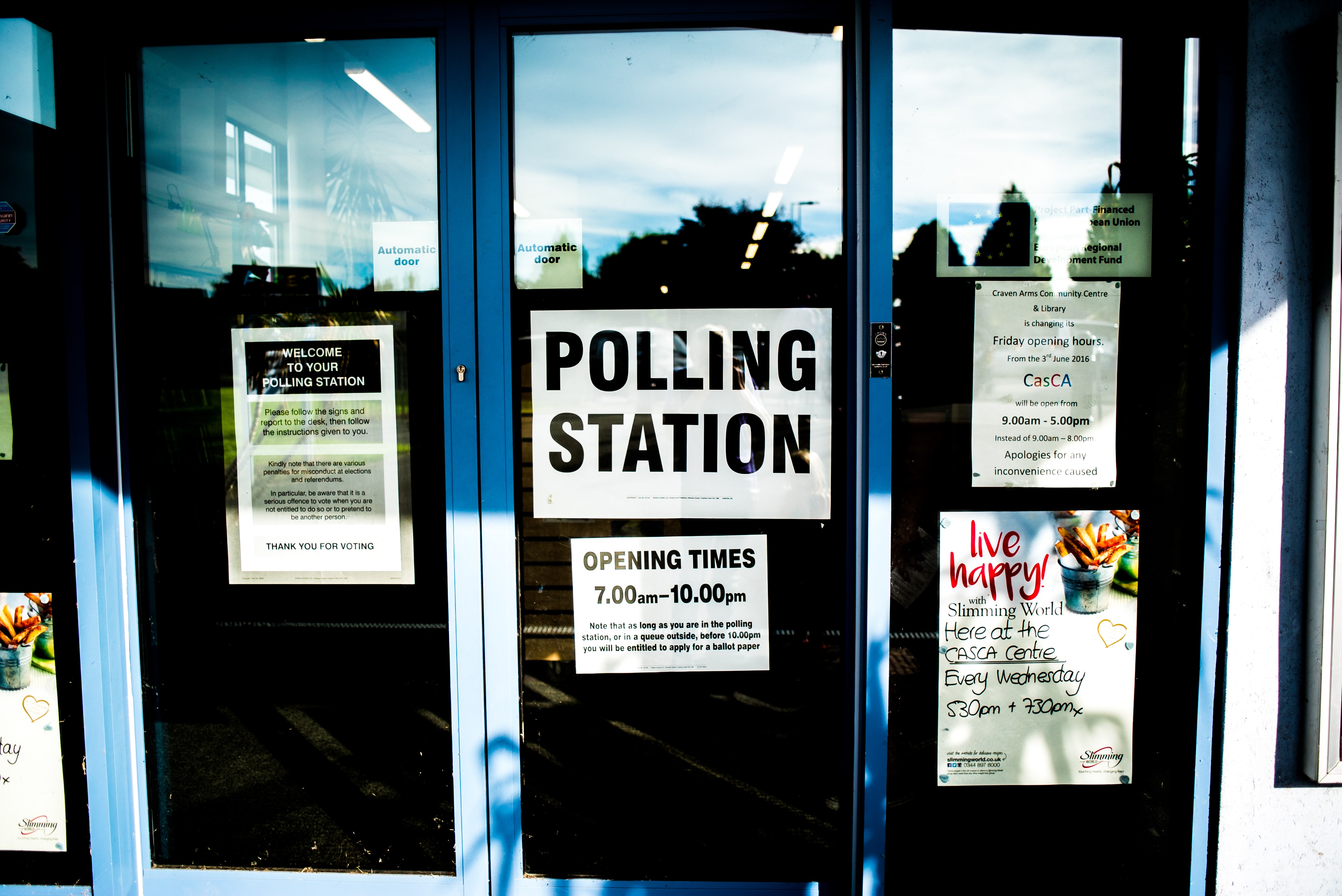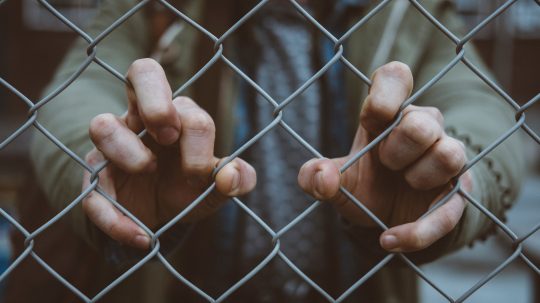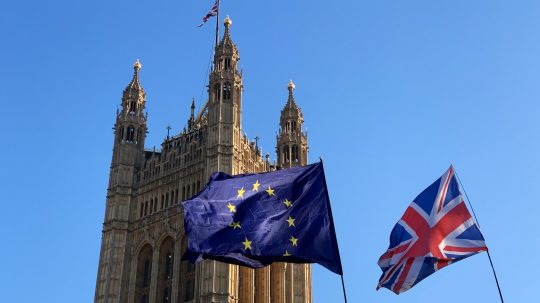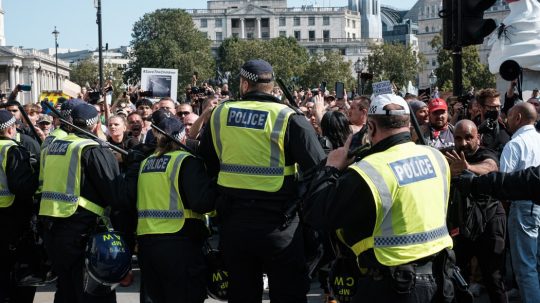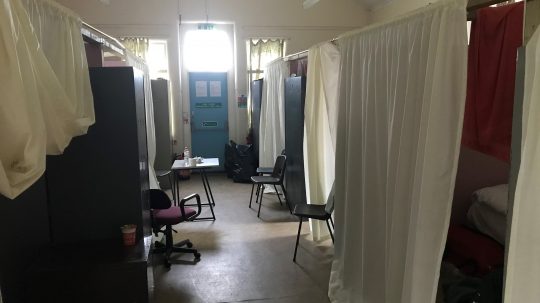Requiring voters to prove their identity by presenting photo ID at polling stations risks infringing electors’ right to vote freely and fairly.
In the wake of last week’s elections across the UK, Ministers have unveiled proposals to make photographic identification a requirement to vote in future general elections. Announced in the Queen’s Speech today, the controversial Electoral Integrity Bill could endanger the rights of many would-be voters.
The bill, which, if passed, would take effect in 2023, has already sparked fears among marginalised groups such as ethnic minorities, homeless people and Travellers. Members of these groups could be disproportionately disenfranchised, with many not owning a driver’s licence or passport. The latest figures show that while 24 per cent of white people aged 17 and over in England don’t hold a full driving licence, that number almost doubles to 47 per cent for Black people. Some of the same marginalised communities saw in the Windrush scandal a lack of paperwork weaponised against them by the state.
The Government says it is introducing the plans to reduce voter fraud. But evidence shows that electoral fraud poses negligible danger to British democracy. Of the 44.6 million votes cast in the 2017 general election, only one person was convicted of voter fraud.
Critics fear that the new plans represent a political drive to suppress opposition voters. UK human rights organisation Liberty said: “As there is no justification for this threat to the right to vote, it feels like an opportunistic attack on the rights of some of the most marginalised people in society, and a classic example of ruling through division and distrust.”
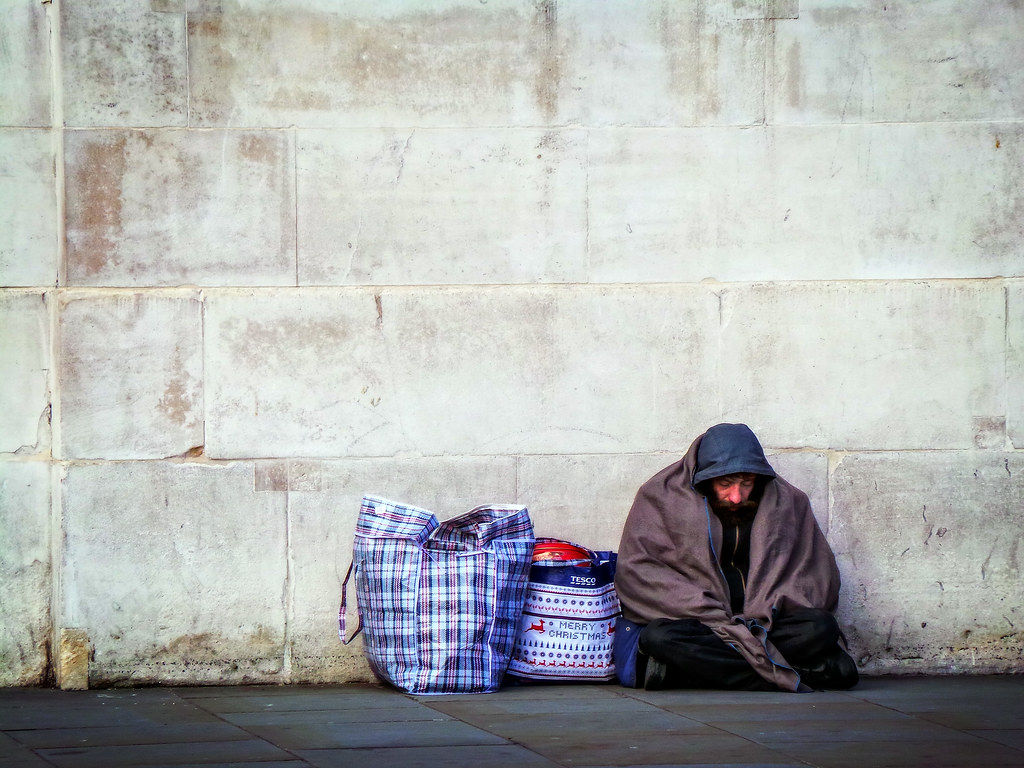
Image credit: Garry Knight/Flickr
The requirement to carry photo ID may also impact those who cannot afford to buy it. Passport applications cost £85 and provisional driving licences cost £43. A Cabinet Office spokesperson said that free electoral ID will be available from local authorities, though this has yet to be confirmed and may represent another unfunded burden on cash-strapped councils. Failure to provide free photo ID might breach Article Three of the First Protocol of the UK Human Rights Act 1998, which enshrines the right to “free” elections.
Fears that the new proposals will impede the right to vote (Article 21 of the Universal Declaration of Human Rights) come after 819 people were refused their vote in local elections across eight voter ID trial areas in 2019. A year earlier, voter ID trials were carried out in five local authority areas. The 154 people who were turned away from polling stations in Bromley in those 2018 trials due to lack of ID, and who did not then return to vote, was a larger number than the majorities by which 13 MPs’ seats were decided in the 2017 general election. There are fears that voter ID rules will impede many more votes than the number previously invalidated by voter fraud.
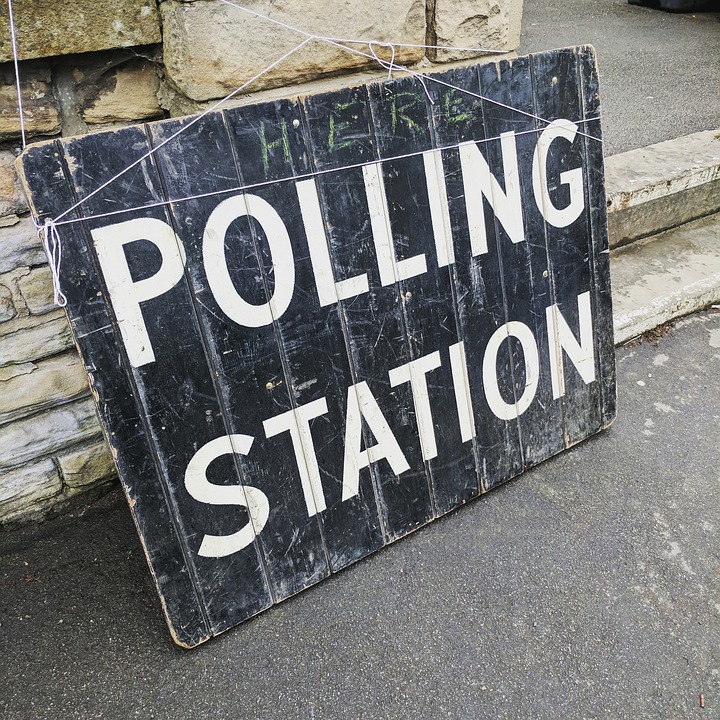
Human rights groups have been raising concerns about the new plan’s likely impact. “Making photo ID a requirement for voting risks excluding people who are homeless and compromising a basic human right,” said Jon Sparkes, chief executive of Crisis. A Liberty spokesperson added: “If Ministers had any intention of making our voting system fairer, they would not be creating new barriers to voting, but focusing on making it easier for everyone to vote, and ensuring we can all have an equal say in our democratic process.”
The Supreme Court is to hear a challenge to the Government’s previous decision to hold voter ID trials in 2019 in a case that could have implications for the wider rollout of the scheme. Neil Coughlan, from Witham, Essex, was unsuccessful in a crowd-funded legal challenge to prevent the pilots at the May 2019 elections but has now been granted permission to take his claim to the UK’s highest court.
The Queen’s Speech today also includes controversial bills such as the Police, Crime, Sentencing and Courts Bill, the much-delayed Environment Bill on post-Brexit rules for protecting nature and the Judicial Review Bill which threatens to reduce the scope for legal challenge to decisions made by public bodies and which the Law Society has said would make the Government less accountable.

